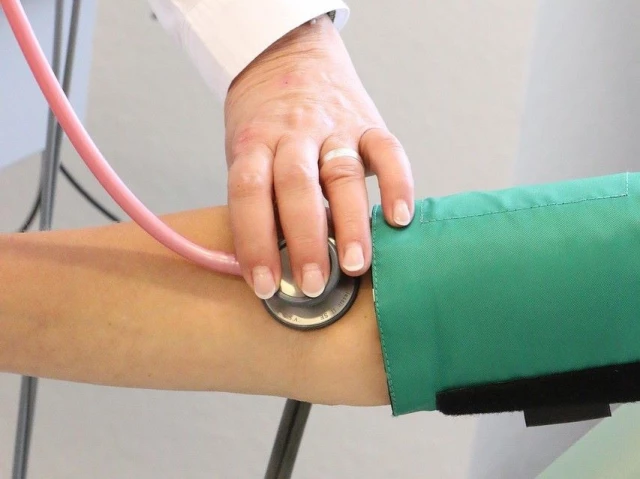Rawalpindi:
Residents of Rawalpindi and Islamabad are faced with an increase in seasonal diseases, as the unusual combination of monsoon, humidity and persistent heat has triggered a strong increase in infections in twin cities.
Cases of infections of the throat, influenza, cough, colds, allergies, ear complaints – nose -throat and conditions related to fever have increased considerably. Gastric and abdominal disorders reports are also more common.
Rawalpindi Allied hospitals see long queues from patients with such ills, including men, women and children. In the past 24 hours only, a total of 3,160 patients have been treated in the three Allied hospitals – Holy Family Hospital, the district headquarters and general hospital in Benazir Bhutto. All of them received medical treatment and medication before being released.
Poor sanitation, especially in the low areas where rainwater gathers, has still exacerbated the situation. The streets filled with sewer waste and debris have created reproduction grounds for the disease.
Private neighborhood clinics also benefit from the thrust of seasonal diseases. Doctors in these installations would administer glucose drops to patients with gastric complaints on arrival, often at a considerable cost.
A standard prescription generally includes an injection, colored bottles (yellow, green and red), as well as capsules and tablets, for whom patients are loaded with RS450. When a drip is given, the costs vary from RS1,200 to Rs1,500.
Ear infections, nasal congestion and allergies affect men and women, while young children prove to be particularly vulnerable to throat, stomach and ear diseases. Doctors warn that cold drinks exacerbate throat problems and that non -hygienic street foods further strengthen health risks.
Dr. Inayat, assistant medical superintendent of BBH, advised citizens to exercise special care during this seasonal transition.
He recommended people to avoid refrigerated water, cold drinks and energy drinks; refrain from excessive ice cream and too ripe fruit; regularly drink plant -based tea; Use face masks regularly; Avoid too spicy or fatty food; and consume lemonade and sweet foods in moderation; Wear shirts and sleeve sleeves in the evening to protect themselves from dengue and common mosquitoes; Avoid shorts or half-packed clothes in open green spaces; Add the onions, lemons, coriander and ginger to meals; And drink lukewarm water with meals and as part of a daily routine for better health.




